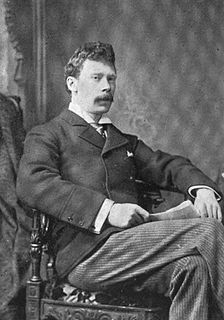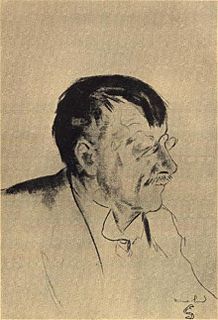A Quote by Arthur Quiller-Couch
The real tragedy of the Library at Alexandria was not that the incendiaries burned immensely, but that they had neither the leisure nor the taste to discriminate.
Related Quotes
At the time of Caliph Omar's invasion of Egypt, the Arab officer on duty in the destruction of the library of Alexandria used two stamps with which he marked the books. One said: 'Does not agree with the Koran - heretic, must be burned'. The other said: 'Agrees with the Koran - superfluous, must be burned'.
Where there is Love and Wisdom, there is neither Fear nor Ignorance.
Where there is Patience and Humility, there is neither Anger nor Annoyance.
Where there is Poverty and Joy, there is neither Cupidity nor Avarice.
Where there is Peace and Contemplation, there is neither Care nor Restlessness.
Where there is the Fear of God to guard the dwelling, there no enemy can enter.
Where there is Mercy and Prudence, there is neither Excess nor Harshness.
As Western nations became more prosperous, leisure, which had been put off for several centuries in favor of the pursuit of property, the means to leisure, finally began to be of primary concern. But, in the meantime, any notion of the serious life of leisure, as well as men's taste and capacity to live it, had disappeared.






































